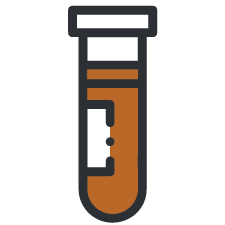Ativan (lorazepam) is one of the most commonly prescribed benzodiazepines in the United States, doctors regularly use it to treat anxiety disorders, insomnia, and seizures. According to the National Institute on Drug Abuse (NIDA), benzodiazepine prescriptions have surged over the past two decades, with an estimated 92 million prescriptions filled annually in 2023.
But here’s the alarming reality we’re seeing: research shows that benzodiazepines are now involved in nearly 30% of opioid overdose deaths. The combination of widespread prescribing and high addiction potential has created what’s basically a silent epidemic that many people don’t fully understand—including those who’re taking Ativan exactly as their doctor prescribed.







